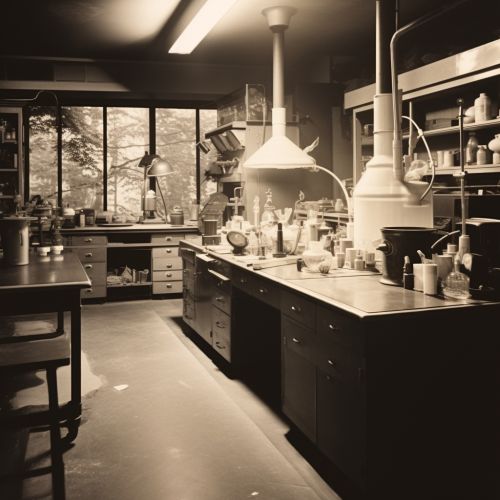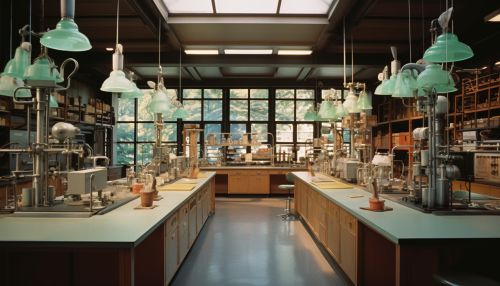Carl Woese
Early Life and Education
Carl Richard Woese was born on July 15, 1928, in Syracuse, New York. His father, Richard Woese, was a commercial artist and his mother, the former Lillian Weiman, was a homemaker. Woese showed an early interest in science, particularly in the field of biology.
Woese attended Amherst College, where he received a bachelor's degree in physics and mathematics in 1950. He then pursued his graduate studies at Yale University, earning a Ph.D. in biophysics in 1953. His doctoral thesis focused on the photodynamic action of porphyrins, a class of organic compounds that includes chlorophyll and heme.


Career and Research
After completing his Ph.D., Woese held postdoctoral positions at the University of Copenhagen and the Brookhaven National Laboratory. In 1964, he joined the faculty of the University of Illinois at Urbana-Champaign as a professor of microbiology, where he would remain for the rest of his career.
Woese's research initially focused on the genetic code and the evolution of the translational machinery. However, his interest in the origins and evolution of life led him to the study of phylogenetics, the study of evolutionary relationships among biological entities.
In the 1970s, Woese and his colleagues began using ribosomal RNA (rRNA) to trace the evolutionary history of organisms. This was a revolutionary approach at the time, as it allowed for the comparison of organisms based on their genetic material rather than their physical characteristics.


Discovery of the Archaea
The most significant achievement of Woese's career came in 1977, when he and his colleagues George E. Fox and Ralph Wolfe published a paper in the journal PNAS proposing the existence of a third domain of life, which they called the Archaea.
Prior to this, life was classified into two domains: the Prokaryotes, which included bacteria, and the Eukaryotes, which included plants, animals, and fungi. Woese's discovery of the Archaea, a group of microorganisms distinct from bacteria and eukaryotes, fundamentally changed our understanding of the tree of life.
This discovery was initially met with skepticism by the scientific community, but it has since been widely accepted and has had profound implications for our understanding of evolution and the origin of life.
Later Life and Legacy
Woese continued to work and publish until his death on December 30, 2012. His contributions to the field of microbiology and our understanding of the tree of life have been widely recognized. He received numerous awards and honors, including the Leeuwenhoek Medal, the highest honor in the field of microbiology, and the National Medal of Science, the highest honor awarded by the United States government to scientists.
Woese's discovery of the Archaea has had a lasting impact on the field of biology, influencing research in areas such as microbial ecology, the study of extremophiles, and the search for extraterrestrial life. His work has also had implications for our understanding of the origin and early evolution of life on Earth.


